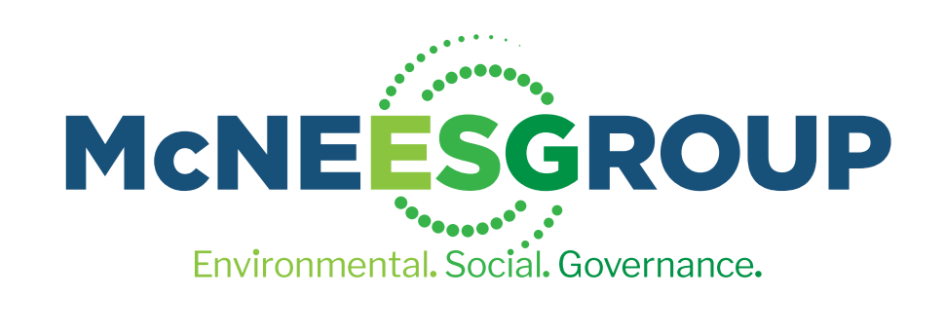What are Voluntary Carbon Markets?

Voluntary carbon markets (VCMs) have emerged as a vital mechanism for companies to offset their greenhouse gas emissions. According to CarbonCredits.com, VCM "gives companies, non-profit organizations, governments, and individuals the opportunity to buy and sell carbon offset credits." These credits represent a reduction of one metric ton of CO2 and come from investment in projects that "avoid, reduce, or remove carbon emissions."
For example, an airline company that wants to claim carbon neutrality can calculate how many carbon emissions they are unable to get rid of. They can then purchase an equivalent amount of carbon offset credits by investing in a regenerative farming project in Brazil using the VCM. In doing so, the airline company can claim carbon neutrality.
In contrast to compliance markets like the EU Emissions Trading Scheme, which are government-regulated, VCMs offer "project-based" flexibility beyond caps and allowances. CarbonCredits.com outlines, "The VCM uses a project-based system in which there is no finite supply of allowances. Within the VCM, more carbon credits can be created through the development of environmental projects. Companies can buy these credits to offset unavoidable emissions and reach their targets."
The voluntary nature of VCMs means "those that participate in this market don’t need to reduce their emissions; it’s entirely voluntary." Motivations include corporate social responsibility, shareholder expectations, and public relations. Voluntary credits also "tend to be cheaper because they cannot be used in compliance markets" subject to caps.
Overall, VCMs play an integral role for companies aspiring towards carbon neutrality. The market capacity is enormous as well. Projections estimate the VCM "will grow to around 15-fold from 0.1 to 1.5-2 GtCO2 of carbon credits per year in 2030," presenting a vital avenue for emissions mitigation worldwide.
Unlike voluntary carbon markets, where participation is optional, compliance markets like the EU Emissions Trading System are government-regulated schemes. As the information outlines:
The compliance market is regulated by national, regional, or international carbon reduction regimes. These markets operate under a cap-and-trade system where only a certain amount of ‘allowances’ (basically a permit that ‘allows’ you to emit GHGs) are created. This then limits the amount of GHGs that a country or industry can emit.
Compliance markets have emissions "caps" and tradable "allowances," whereas VCMs use flexible "project-based" carbon offsets. Companies can purchase offsets through VCMs to "reach their targets," but compliance market participants must adhere to mandated limits.
When companies emit less than their allowance, they can sell surplus compliance market credits. However, voluntary credits "tend to be cheaper because they cannot be used in compliance markets" tied to regulations.
The key distinction is compliance markets legally restrict emissions while VCMs provide an optional, additional avenue for companies to offset hard-to-abate emissions through financing environmental projects around the world. The flexibility makes voluntary markets integral for companies aspiring to carbon neutrality.
In summary, strategic participation in voluntary carbon markets allows companies to work towards emissions reduction goals and carbon neutrality ambitions cost-effectively. Offsetting unavoidable emissions through financing verified decarbonization projects worldwide provides flexibility beyond compliance schemes while still enabling companies to showcase their commitment.
VCMs serve as a vital mechanism for enterprises to respond proactively to societal expectations on climate action from both consumers and increasingly climate-conscious investors. As sustainable business models correlate strongly with long-term value creation, leveraging VCMs as part of a comprehensive climate strategy catalyzes the shift towards future-proofed operations that pay dividends across financial and non-financial performance indicators.
Scaling voluntary carbon market participation also accelerates global progress on emission reductions through multiplying funding for impactful projects in renewable energy, forestry conservation, and more. These collaborative climate contributions ultimately mitigate shared climate risk, yielding benefits for both local communities and multinational corporations that depend on a stable operating context.
We invite sustainability leaders to join us in exploring strategies for leveraging voluntary carbon markets to propel your organization’s decarbonization trajectory. How can we help assess your unavoidable emissions and identify the optimal financing mix for high-impact offsets? Let’s connect to discuss custom opportunities targeting emissions reductions that also boost communities worldwide. Reach out today via comments or direct message! #VCM #CarbonNeutral #ConsciousBusiness
